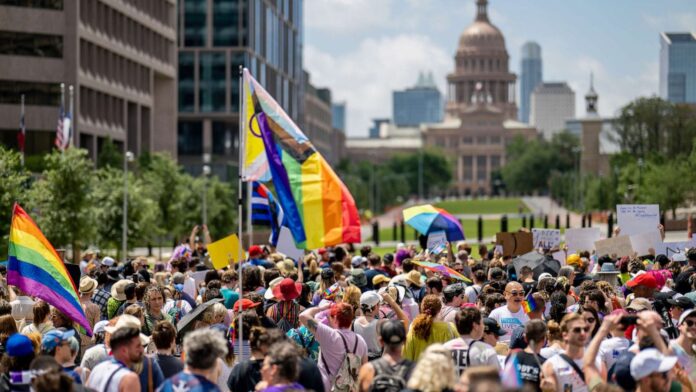Understanding the complexities of sexual assault in the LGBTQ+ community is more than simply acknowledging its occurrence; it requires an understanding of the specific challenges faced by these individuals.
The higher prevalence of sexual assault, the additional layers of stigma, and the challenges of identity-based violence all contribute to the issue’s complexity. Through education and understanding, there is potential to create a meaningful societal change and champion the rights of everyone within the LGBTQ+ community.
Sexual Assault in the LGBTQ+ Context
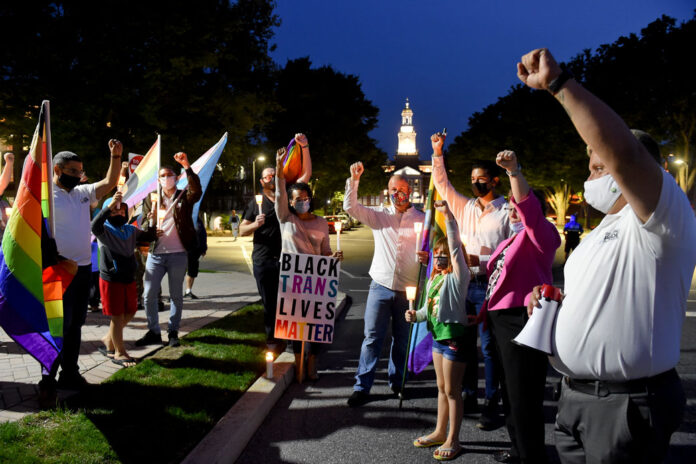
Sexual assault encompasses a range of acts, all of which involve non-consensual or abusive sexual behavior. While a sexual assault lawyer can attest that it affects all demographics, its impact on the LGBTQ+ community is particularly noteworthy. Its prevalence in this community often tends to be cloaked in silence due to societal stigma, misunderstandings, and marginalization. It’s important to note that while sexual violence occurs outside the boundaries of a consensual and respectful relationship, it can be uniquely further complicated within an LGBTQ+ context, influenced by factors including but not limited to homophobia, biphobia, or transphobia.
According to various studies, sexual assault is disproportionately high in the LGBTQ+ community compared to their heterosexual counterparts. This does not imply a fundamental flaw or inherent vulnerability within the community, but rather it reflects the broader societal prejudices, stereotypes, and power dynamics at play. Discrimination, stigma, and biases against the LGBTQ+ community contribute to the higher risk of sexual assault. Understanding this context is important in combating sexual assault, providing effective support for survivors, and ultimately fostering a society that values and respects all individuals, regardless of their sexual orientation or gender identity.
Unique Challenges Faced by LGBTQ+ Survivors
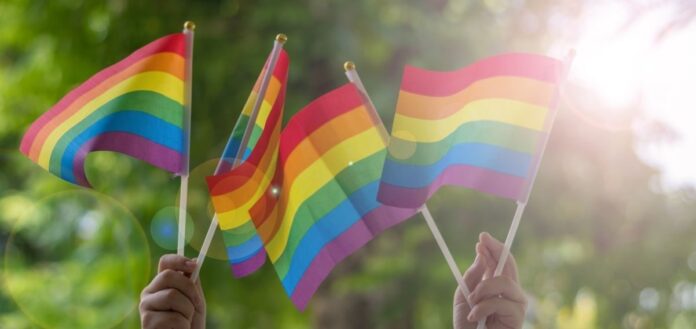
Survivors of sexual assault from the LGBTQ+ community confront a distinctive set of challenges that often amplify the trauma of their experiences. Chief among these is the societal stigma attached to their identity. Society’s rampant misconceptions and biases about the LGBTQ+ community often dissuade survivors from seeking help. The fear of judgment, further discrimination or, worse yet, not being believed, can lead these survivors into silence, further isolating them and exacerbating their trauma.
Intersectionality further complicates these challenges. Survivors may belong to multiple marginalized groups, being discriminated against not just for their sexual orientation or gender identity, but also for their race, ethnicity, or socioeconomic status. This creates layers of systemic issues that become impediments in seeking help and justice. Furthermore, legal protections for LGBTQ+ survivors of sexual assault are often inadequate or non-existent, leaving survivors more risk-prone and less likely to find redress. Overall, these unique challenges call attention to the urgency of contextualizing LGBTQ+ sexual assault within the broader dialogues of societal change and legal reform.
Support Systems and Solutions for LGBTQ+ Survivors
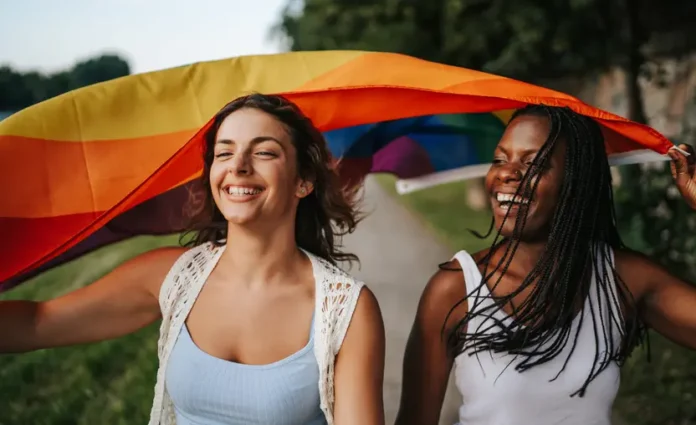
Despite the unique challenges faced, support systems do exist that specifically cater to LGBTQ+ survivors of sexual assault. Safe spaces dedicated to the LGBTQ+ community play a particularly significant role. They offer survivors not only a place to share their experiences without fear of stigmatization or judgment, but also provide resources for recovery and legal recourse. These spaces, often run by fellow community members, offer healing and hope through empathy, compassion, and a deep-rooted understanding of the community’s specific struggles.
Community-based support groups are another important resource. Offering peer support and shared experiences, these groups can play a massive part in a survivor’s recovery process. They are more than just platforms for connection – they also serve to counter societal stigma and promote inclusivity. Additionally, mental health support tailored specifically for LGBTQ+ individuals is gaining recognition. Counseling, therapy and crisis lines are resources designed to address the complex psychological impact of sexual assault on LGBTQ+ survivors. A combination of legal reform, amplified and tailored mental health support, and strengthened community spaces can fortify the support system for LGBTQ+ survivors, providing them the help and resources they need to recover.
Call to Action
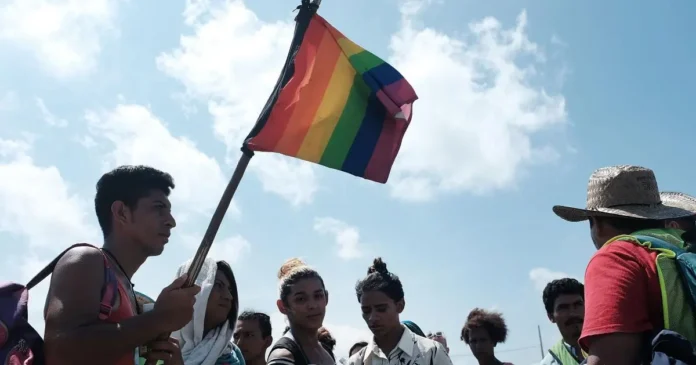
This fight against sexual assault within the LGBTQ+ community demands joint action from everyone. You, as a reader, have a role to play. One of the most significant steps that can be taken is educating oneself and others about the distinctive struggles faced by LGBTQ+ survivors. Bystander intervention, too, is significantly impactful. By intervening in situations that could lead to assault or supporting a friend who is a potential victim, individuals can prevent incidences of sexual assault and provide a safer environment for victims to come forward.
It’s also important to lobby for legal reforms to better protect LGBTQ+ survivors. Encourage local representatives to enact legislation that prosecutes assaulters and supports survivors, leaving no room for discrimination against the LGBTQ+ community. Victims should never be hesitant to come forward for fear of bias or prejudice. Advocating for increased funding for LGBTQ+ resources, mental health support and inclusive sexual education are additional actions one can take to foster a society that’s understanding, supportive, and respectful to all, regardless of sexual orientation or gender identity.
It’s important to stay focused on enhancing support systems and pushing for broader societal change. While this is a long process involving detailed acts of policy making, legal reform, and societal shift in attitude, each step taken, however small, contributes to a safer environment for the LGBTQ+ community. It’s vital to continue fostering open dialogue, raising awareness, improving resources, advocating for inclusion and, most importantly, believing the survivors. With collective compassion, understanding and effort, we move closer to a safer society for all.

